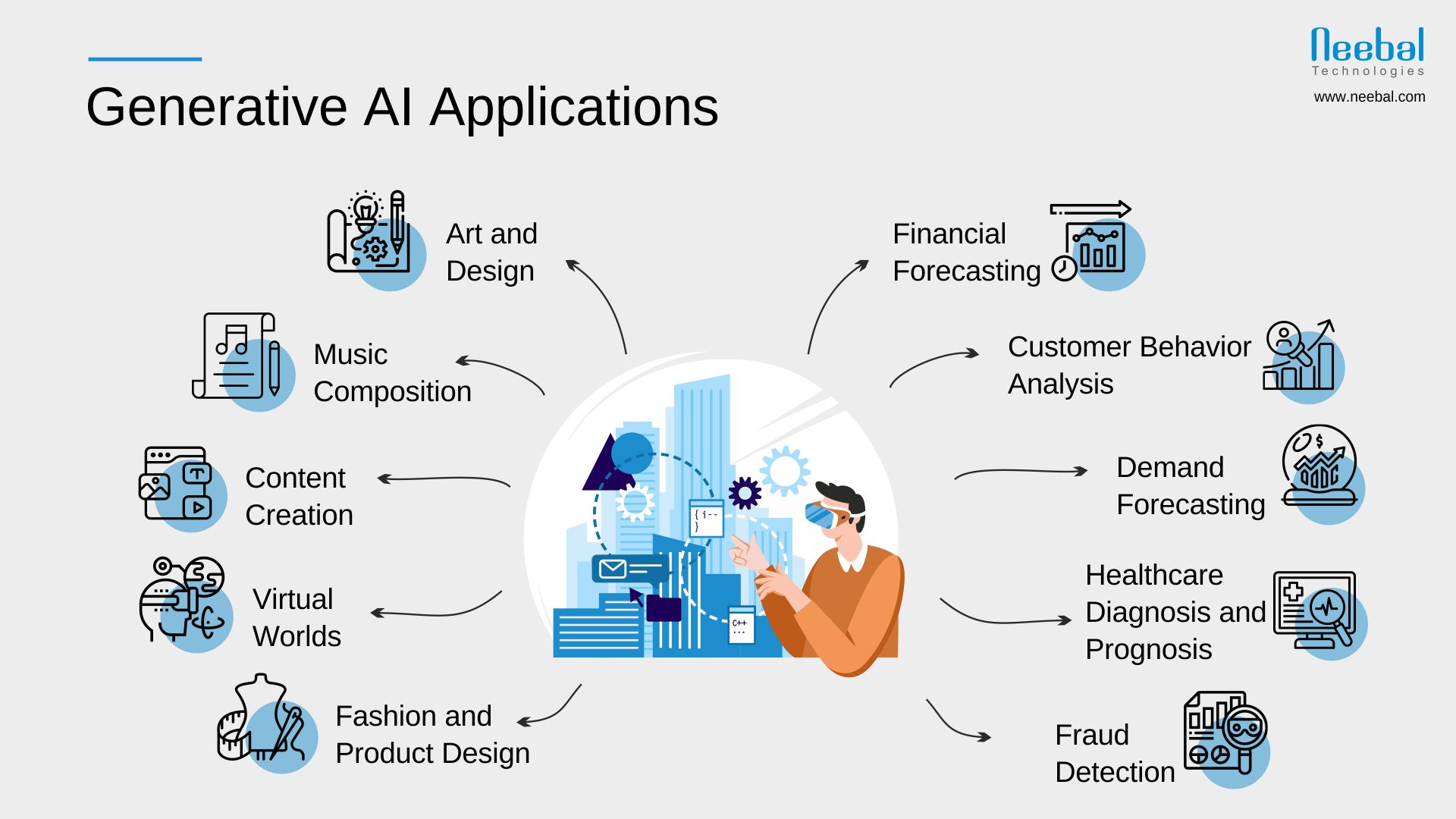The digital marketing landscape is experiencing a seismic shift as Google phases out third-party cookie tracking. This change has major implications for advertisers, publishers, broadcasters, and the entire ad ecosystem. Google’s move signifies a transition towards more privacy-focused advertising standards, potentially transforming how marketing effectiveness is measured.
The Current Digital Marketing Challenge
Marketers have long relied on third-party cookies to predict customer behavior and measure the performance of their marketing strategies. However, the impending deprecation of this tracking method raises critical questions: How can businesses measure marketing effectiveness without third-party cookies? And, can generative AI play a role in this new era?
In response to these challenges, Google introduced an attribution measurement reporting solution within its privacy sandbox for advertisers. This new solution provides ad log data and an aggregate record of ads served, offering a comprehensive view of advertising activity.
Embracing Generative AI for Marketing Insights
Generative AI has typically been associated with content creation, such as language and imagery. However, its underlying predictive capabilities are equally powerful for interpreting consumer data. Marketers can leverage generative AI to simulate customer data and gain deeper insights into consumer behavior and advertising investments.
A Statista survey revealed that while most Chief Marketing Officers (CMOs) recognize the potential benefits of AI in marketing, many have yet to prepare for the post-cookie measurement era. This gap presents an opportunity for marketers to adopt generative AI and develop a more holistic understanding of their customer journeys.
Preparing for a Synthetic Data Future
Gartner forecasts that by 2024, 60% of data could be synthetic, as organizations increasingly turn to generative models for data analysis and decision-making. The use of synthetic data allows for privacy-preserving marketing strategies that align with new regulatory standards.
Generative AI facilitates the creation of synthetic datasets that are more representative of the value of media investments than deterministic and personally identifiable data ever was. This shift can lead to better decision-making and more effective marketing strategies.
The Road Ahead for Digital Marketers
Although the loss of third-party cookies poses challenges, it also opens doors to new measurement methodologies. Marketers equipped with generative AI can redefine measurability and provide enhanced insights for more informed decision-making.
